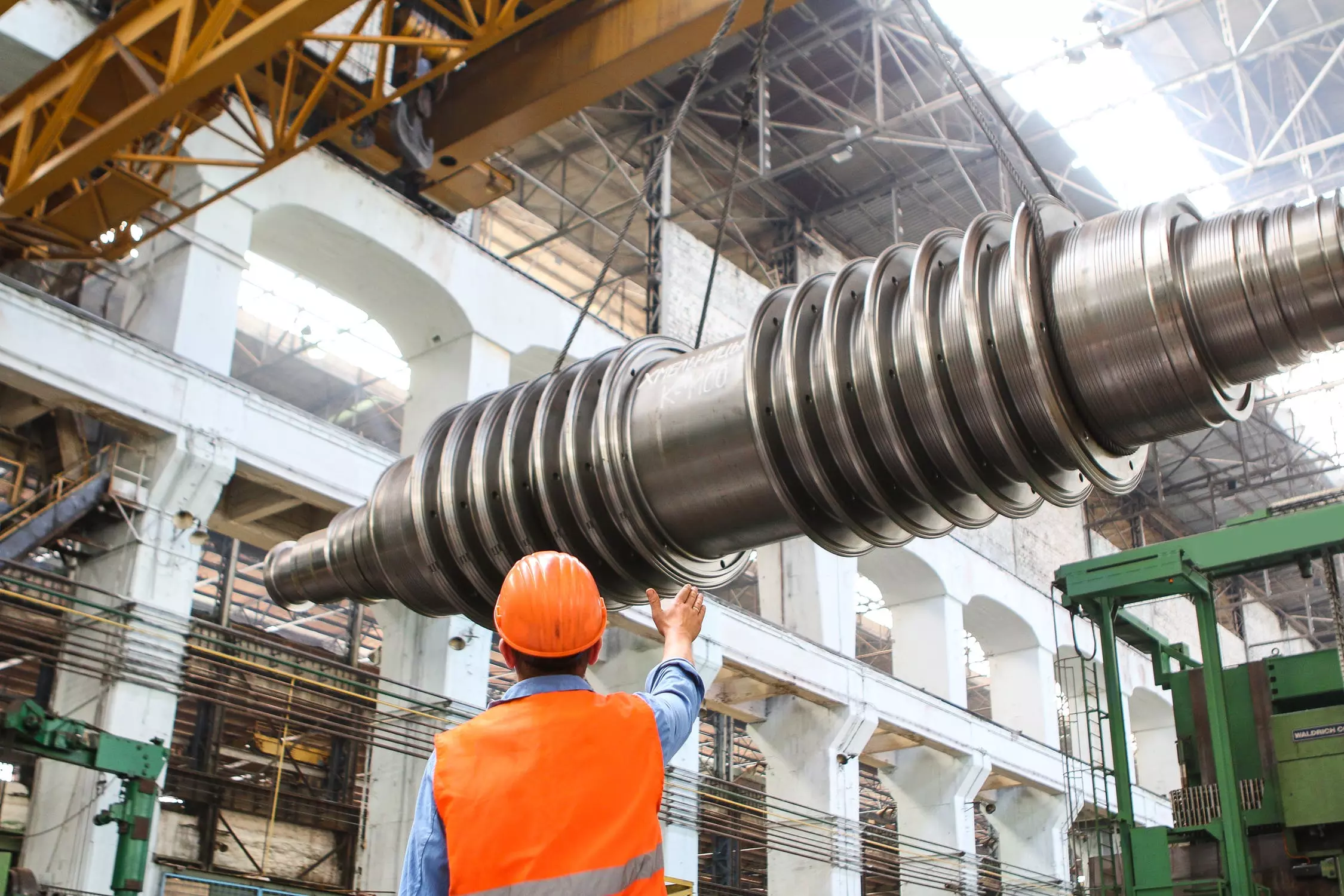Emerging artificial intelligence (AI) applications in additive manufacturing can not just expedite manufacturing operations but impact the entire product development cycle, including design.
Additive manufacturing, as the name suggests, is a method where products are built by adding or layering components on one another. This is in contrast to subtractive manufacturing, where the desired shapes of parts and products are carved or shaped out from the base material (usually metal). 3D printing is a computer-aided additive manufacturing method of creating three-dimensional objects by joining, congealing, and solidifying materials in the desired structure. While it cannot be applied to all manufactured products (yet), additive manufacturing can improve the processes where it is presently being applied in. And the introduction of AI applications in additive manufacturing will add further improvements to the process, making it smarter through automation.
ArtificiaI Intelligence Applications in Additive Manufacturing
AI can make additive manufacturing processes less time consuming than they already are and add more accuracy to the 3D printing process. The use of computer vision can analyzing existing physical products for reverse engineering them and creating a new, improved product design using the existing model. This can accelerate the product development and improvement processes and minimize the time-to-market for new products. AI and machine learning are also helping in generative design, where a commuter program automatically creates design models based on the requirements and constraints specified by the engineering team. This enables design teams to explore innovative design options to solve even the most complex of problems. These designs can be quickly be converted to physical prototypes or working models using additive manufacturing methods. Through these and many similar AI applications in additive manufacturing, manufacturers can gain massive benefits in terms of quality as well as productivity.
Benefits of AI-Based Additive Manufacturing
Maximized Productivity
Product development is generally a time-consuming activity that requires the exploration of numerous feasible design alternatives before finding a definite solution. This process of iteratively exploring different ideas can be considerably expedited by using AI-driven generative design. Using additive manufacturing tools, design teams can perform rapid prototyping to convert designs into physical models for testing and approving for commercial production within an unprecedentedly short timeline, enhancing the design productivity.
Increased Product Quality
The use of AI in additive manufacturing also helps in driving up the overall product quality by creating product designs that have sound technical specifications combined with user-friendly functionality. This ensures increased levels of customer satisfaction, potentially leading to gains in revenue and profits.
After the introduction of IoT in manufacturing, the emergence of AI applications in additive manufacturing will probably be the next revolutionary wave to sweep across the industry. With further improvements in fields like precision robotics and computer vision, AI-driven additive manufacturing has the potential to become the primary mode of creating new products in the future.




Leave your comments
Post comment as a guest